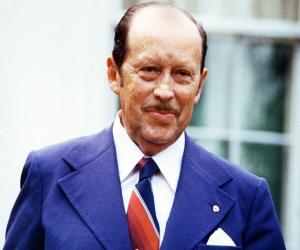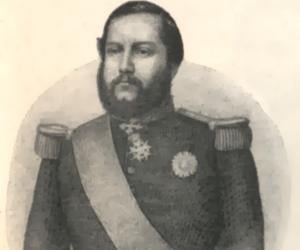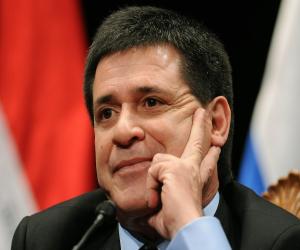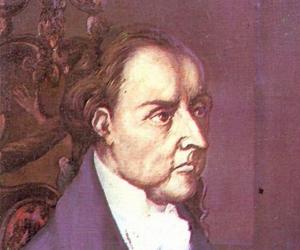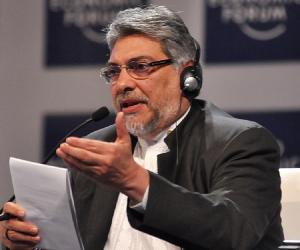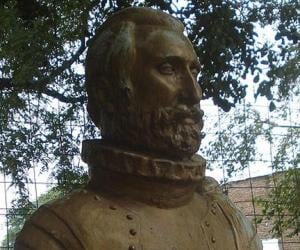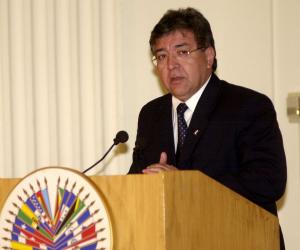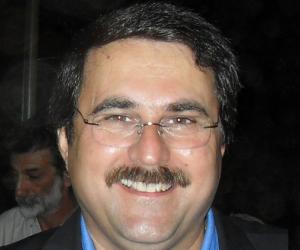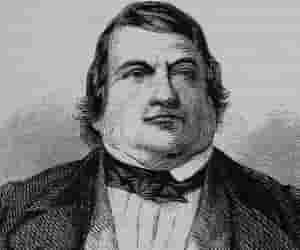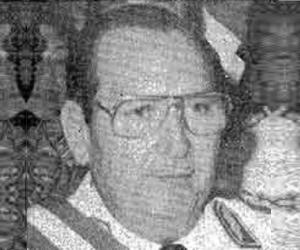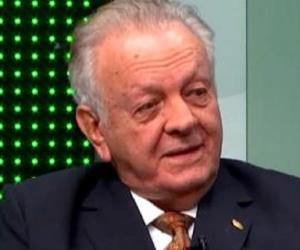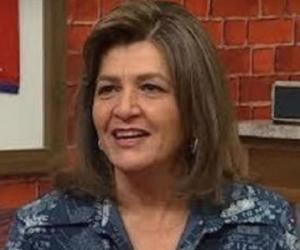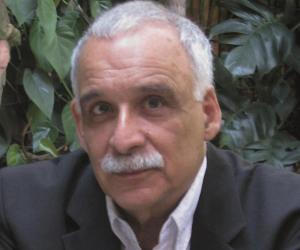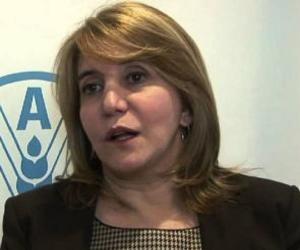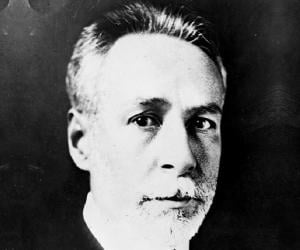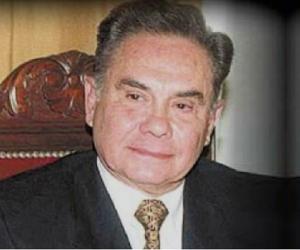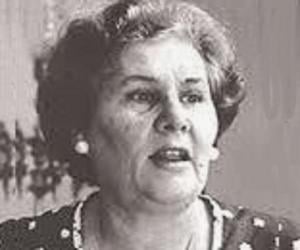1
Alfredo Stroessner
(42nd President of Paraguay)
Birthdate: November 3, 1912
Sun Sign: Scorpio
Birthplace: Encarnación, Paraguay Encarnación, Paraguay
Died: August 16, 2006
Alfredo Stroessner Matiauda was a Paraguayan army officer, politician, and dictator who served as President of Paraguay from 1954 to 1989. He came to power through a coup d'état in 1954 and maintained his position by suspending civil rights, repressing opposition, and manipulating the constitution to ensure his re-election. Stroessner ruled with the support of the army and the Colorado Party, using military police for surveillance and control. He was overthrown in 1989 and exiled to Brazil, where he spent his remaining years.
